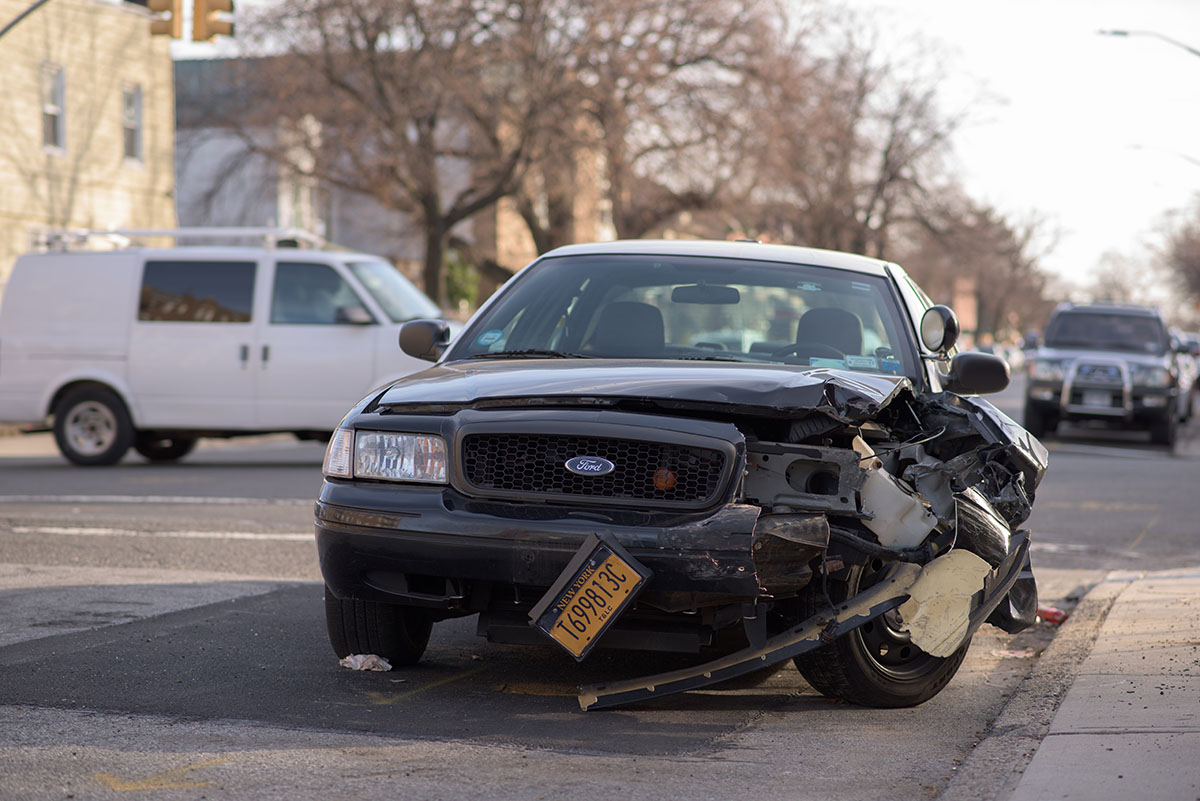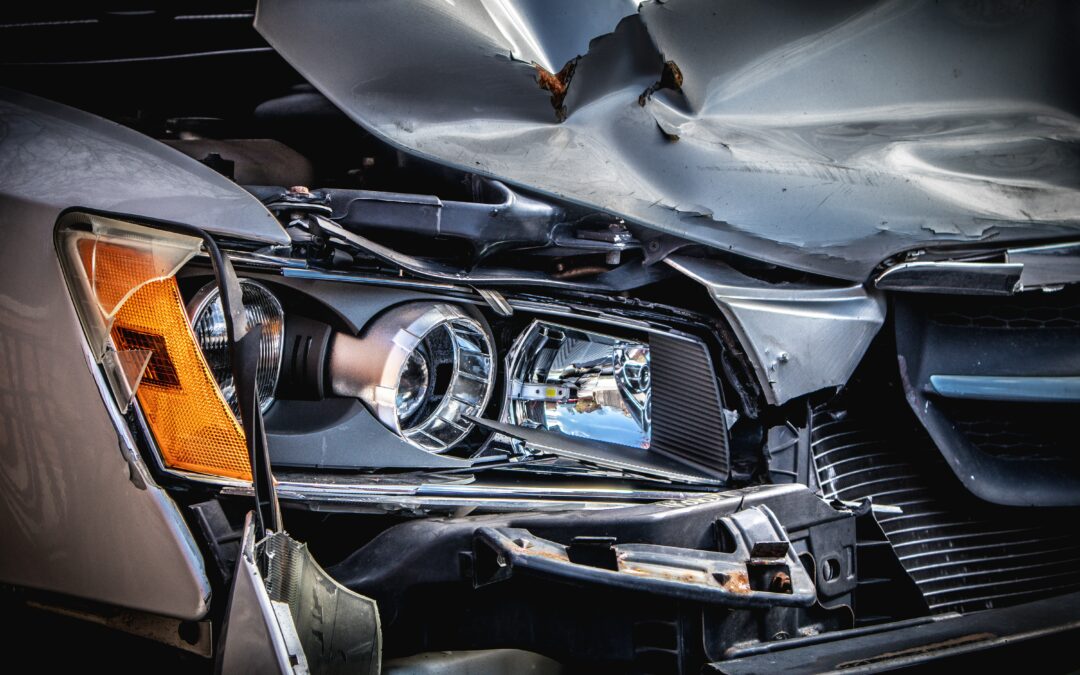No one wants to deal with a car accident, but hit-and-runs are incredibly stressful. If you were just involved in a hit-and-run, don’t worry. You’re not alone. Unfortunately, hit-and-runs happen far too often. This blog post will share what to do after a hit-and-run in Texas. We want you to be as prepared as possible if this happens. First, it’s essential to stay calm and collected. Then, you’ll want to reach out for help. There are ways to receive assistance. We want you to know your rights if this unfortunate event happens to you.
What is a Hit-and-Run in Texas?
Anytime a driver gets in an accident resulting in a person’s injury or vehicle damage, they’re required to stop. They must do two things: (1) give their information and (2) provide any necessary help. If a driver doesn’t do either of these actions, they’ve committed a hit and run. In other words, it’s the act of knowingly causing an accident and leaving the scene without providing any information or assistance.
Leaving the scene of an accident is a severe offense in Texas. The penalties for doing so could be harsh, especially if the crash injures someone. In most jurisdictions, a hit-and-run is a misdemeanor. However, if they fatally injured someone, the consequences result in a felony. Unfortunately, Texas ranks number eight for the most hit-and-runs in the United States.
What are the Texas Laws?
In the last few years, Texas has placed stricter laws for hit-and-runs. However, it all depends on the level of damage.
If they caused vehicle damage that’s less than $200, they would receive up to a $500 dollar fine. But, this is if the police catch the driver. When the accident caused over $200 of damage, the fine can go up to $2,000 and 6 months of jail time. If they caused injuries, they could face up to 5 years in jail and a $5000 fine. Further, if they seriously injured or killed someone, they would receive a fine and could go to prison for 20 years.
Information Texas Requires After an Accident
After an accident, Texas requires individuals to provide certain information to the other person involved in the accident. If someone fails to give this information or leaves the accident scene, they are breaking the law.
The required information includes:
- Name and address
- Insurance information
- Vehicle registration number
- Driver’s license, if requested
What to do After a Hit-and-Run?
If you’re the victim of a hit and run, don’t panic. Similar to any car accident, t’s essential to stay calm and take the following steps below. For more information on what to do after a car accident, take a look at this article.
Get to Safety and Call 911
If possible, move your vehicle out of the way after an accident. Additionally, check to see if the accident hurt you or someone else. You may not notice your injuries with the shock of an accident. Therefore, scan yourself to check. After that, call the police immediately. Calling the police as soon as possible could help find the hit-and-run driver.
Gather Information
While waiting for the police, start taking notes. Write down everything you remember about the driver’s vehicle, including the model, license plate number, and any other details. Additionally, ask passengers or bystanders for any details they remember. Make sure you share this information with the law enforcement officers who arrive on the scene.
Call your Insurance Company
Next, it’s crucial to call your insurance company. They’ll let you know what information you’ll need to file your car insurance claim. If you’re unsure if your policy will cover your Texas hit and run, your insurance representative can clarify what coverage you have.
Does Insurance Cover a Hit-and-Run?
The type of Insurance policy you have will determine if it covers the costs of a hit and runs. Generally, auto insurance policies include Personal Injury Protection (PIP). PIP can help pay for any medical care for yourself. However, this doesn’t cover car damage unless the police find the driver.
If they can locate the driver who hit you, you would go through their insurance like a typical car accident. However, if they can’t find the driver, you have a couple of insurance options to cover these situations.
Uninsured/Underinsured Motorist Coverage
This is an optional type of coverage you can add to your policy. Uninsured/Underinsured Motorist Coverage helps pay for repairs if the police can’t locate the driver who hit you. Additionally, if the police found the driver but they don’t have enough insurance to cover your costs, your insurance would cover the bill. Even though this is an optional policy, it could be beneficial because hit-and-runs are common in Texas.
Collision Coverage
Collision Coverage is another type of coverage you could add to your auto policy. This covers your vehicle repairs if you’re at fault in an accident. However, sometimes you can turn to this coverage for repairs after a Texas hit and run. It’s important to note that you’ll need to pay your deductible for this coverage to kick in.
Ultimately, there are ways that your insurance can cover a hit-and-run accident.
However, you’ll need to have the correct type of coverage to be prepared for this type of incident. If you don’t have uninsured motorist or collision coverage, consider adding it to your policy. These optional coverages could save you a lot of money and hassle.
Why hire a Personal Injury Lawyer in Texas?
Car accidents, especially hit-and-runs, can be frustrating and challenging. Many times, personal injury claims don’t go to court. Instead, a lawyer can help settle with the insurance company. Having an experienced lawyer on your side after an accident can save you the headache of fighting with the insurance company. Additionally, they can expedite the process and help you get the most money as soon as possible.
Dooley Noted Law is here to help. Our personal injury lawyer in Texas can help you with your hit-and-run case. We will work tirelessly to get you the money you deserve for your injuries and vehicle damage. Additionally, we will hold the insurance companies accountable. If you’ve been in a hit-and-run accident, don’t hesitate to schedule a free consultation. We will review your case and help you determine the best course of action.




